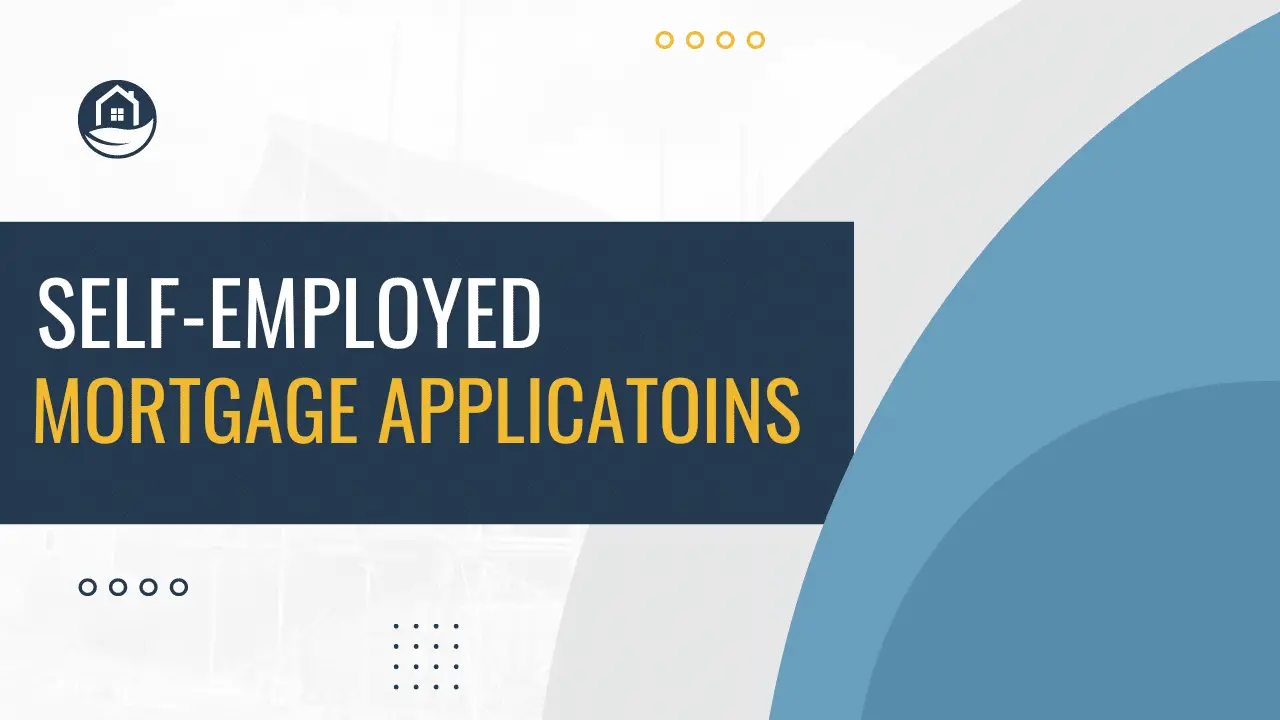The prospect of buying a home is an exciting one, but for self-employed individuals in Ireland, the process of securing a mortgage can be more challenging compared to the regular mortgage applicant. This is because banks have less visibility into the stability and predictability of self-employed income compared to reliability of a standard 9-5 jobs bringing in the same money each month.
Challenges Faced
When you start your business, one thing that can often be overlooked is how could this potentially impact your future borrowing capacity when it comes to applying for a mortgage.
When we talk about the self-employed in this blog post, we are speaking directly to sole traders, partnerships, directors of limited companies.
The main issue that self-employed individuals face in Ireland is that you need to be able to provide at least 2 years of audited/certified financial statements to the bank as part of the application process. If you are just after quitting your job and have gone out on your own, then this could add a bit of a delay to your dreams of owning your own home.
Asides from this, there are further documentation requests that specifically apply to the self-employed.
Documentation Asks
Self-employed borrowers are typically required to provide a more extensive documentation package to prove their income and affordability. This includes:
- Audited/Certified Accounts: Lenders may request a minimum of two to three years of audited accounts, which provide a comprehensive overview of your business’s financial performance and profitability. If your company is audit exempt, then the accounts would still need to be certified by an accountant.
- Form 11: Lenders will want to see your Form 11 tax returns for at least the past two to three years to verify your income, ensure compliance with tax regulations, and gain a sense of your business’s financial health.
- Confirmation of tax position from your accountant or ROS Charges & Payments Statement.
- Deposit verification: you’ll need to prove that you have the necessary deposit to the bank, who even many try to determine where it came from. A possible clean solution may be a mortgage saver account.
- Bank Statements (Business/Personal Current Accounts): Your personal and business bank statements will be examined to assess your income patterns, outgoings, and overall financial management. Regular and consistent income streams are crucial for securing favorable mortgage terms.
- Business Loan Statements: 6 months most recent statements for any business borrowings.
- Client Contracts: If your earnings primarily depend on client contracts, providing copies of signed contracts can demonstrate the stability of your work and the steady flow of income.
- Income projections: The banks may also want to see your projections for the next year to confirm that your business earnings will remain consistent.
Most banks will have publicly available information on what the additional requirements are for self employed people, for example you can check out AIB’s requirements here.
Loan-to-Value Ratios and Mortgage Options
Self-employed borrowers often face limitations in terms of Loan-to-Value (LTV) ratios, meaning they may be required to contribute a larger deposit compared to employed borrowers. This is primarily due to the perception of self-employed income being more volatile and unpredictable.
Acquiring a mortgage as a self-employed individual requires patience, perseverance, and a proactive approach. Our best advice would be to plan ahead, have all your documents ready to go before the bank even asks for them, and keep your personal and business records clean and tidy.
Working with a mortgage broker experienced in dealing with self-employed borrowers can you make sure you are on track to meet the banks requirements. Brokers have a deep understanding of the industry and can help you navigate the application process, gather the necessary documentation, and find lenders that are most suitable for your circumstances.
Disclaimer: this blog post is for informational and educational purposes only and should not be construed as financial advice.







